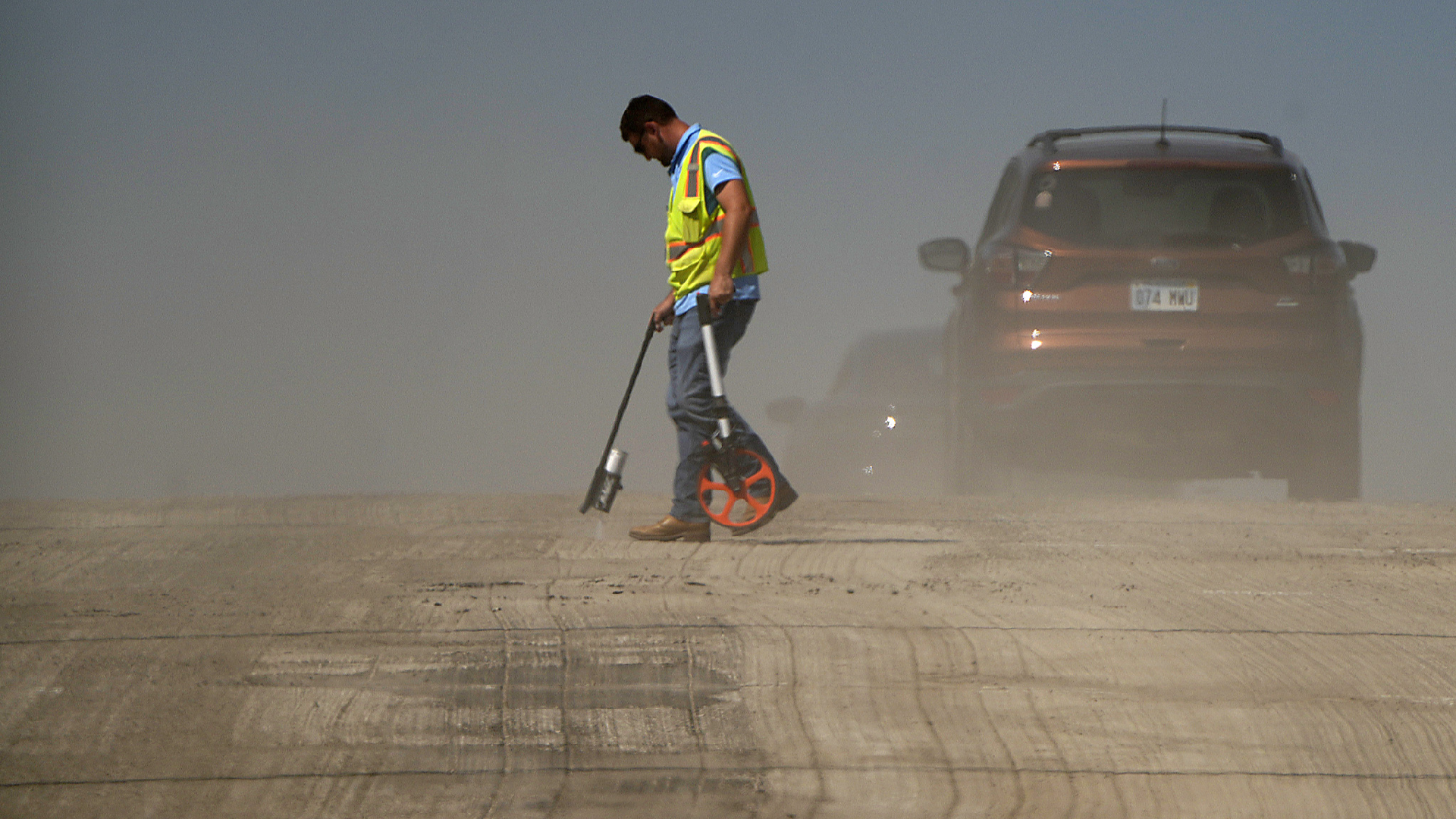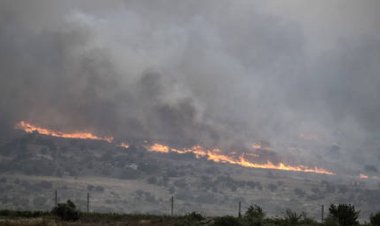Heat Wave Strikes U.S. Midwest, Putting Millions of Americans on Alert
This week, a heat wave swept through the U.S. Midwest, breaking temperature records and affecting over 60 million people who received alerts about the extreme conditions.

A late-season high-pressure system has settled over cities in the Midwest, including Chicago, Des Moines, and Topeka, resulting in prolonged periods of "extreme heat," as per the U.S. National Weather Service (NWS).
Chicago is under an excessive heat warning that reaches north to Madison, Wisconsin, and south to Springfield, Illinois.
This dangerous late-August heat wave is expected to extend over the Midwest early this week, with further expansion into the Mid-Atlantic and Southeast by mid-week, according to the NWS Weather Prediction Center.
"Heat indices of 105-115 degrees Fahrenheit (approximately 40.5-46 degrees Celsius) and lows in the mid/upper 70s will bring a heightened risk of heat-related illness," the NWS stated in a warning.
The NWS has alerted the public about the combined risks posed by heat and humidity during heat waves.
In preparation for these extreme temperatures, several public cooling centers have been established across U.S. Midwest states. The severe heat has also led to early dismissals and class cancellations in multiple school districts in the Upper Midwest and Northeast regions.
Recent research published in the Journal of the American Medical Association revealed a 117 percent increase in heat-related deaths in the United States from 1999 to 2023.
The study analyzed heat-related mortality trends within the U.S. population over these years, uncovering a total of 21,518 deaths attributed to heat as a primary or contributing cause during that period.
"As temperatures continue to rise because of climate change, the recent increasing trend is likely to continue," the researchers wrote. "Local authorities in high-risk areas should consider investing in the expansion of access to hydration centers and public cooling centers or other buildings with air conditioning."
Extreme heat and humidity rank among the top causes of weather-related fatalities in the United States. The U.S. Centers for Disease Control and Prevention estimate that approximately 1,220 individuals die from extreme heat annually.
The World Health Organization (WHO) projects that the frequency and intensity of extreme heat and heat waves will continue to escalate throughout the 21st century due to climate change.
Prolonged high temperatures, both during the day and night, place cumulative stress on the human body, increasing susceptibility to heat-related illnesses and fatalities. Heatwaves can severely impact large populations over short durations, often resulting in public health emergencies and excess mortality, along with socio-economic consequences. Additionally, heatwaves can disrupt healthcare services—particularly if power shortages occur, affecting health facilities and vital infrastructure, as highlighted by the WHO.
Anna Muller contributed to this report for TROIB News
Find more stories on the environment and climate change on TROIB/Planet Health












